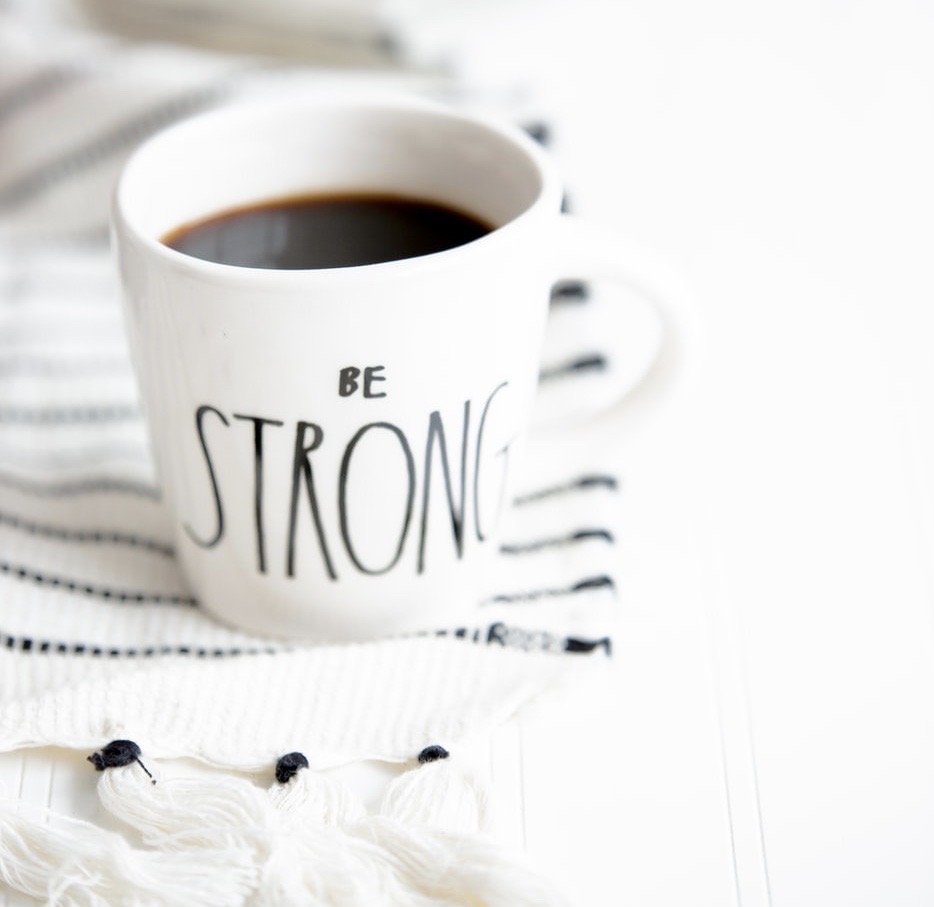
Resilience : a Modern Day Superpower
Let’s face it, the last 2 years have been challenging to say the least. Australia has suffered devastating bush fires on an unprecedented scale. For those of us living in the UK, we are only just about coming to terms with all the uncertainty that Brexit has produced. Other parts of the world have struggled with earthquakes and volcano eruptions, floods, terrorist attacks and civil unrest. And then the COVID pandemic hit.
Coping with all the issues brought about by these macro economic and environmental challenges, on top of our own personal adversities (financial difficulties, relationships, bereavement, workload overwhelm) has felt daunting and at times, downright scary for many of us.
We can’t make these problems go away, but we can take action to help ourselves cope better. We can tap into and boost our own natural reserves of resilience – a set of skills all humans possess (or we would never have made it out of the caves!) which allow us to ‘weather the storm’. There are lots of practical things we can do to help build our personal resilience, from practising gratitude, to mindfulness; adopting healthier eating habits, to investing in our relationships; creating some new thinking habits, to playing to our strengths.
Why ‘Strengths’
Alex Linley, strengths researcher and guru, describes leaning in to our strengths as ‘the smallest thing to make the biggest difference’. Like Alex, I believe that helping people to discover their strengths and then use those strengths more often, in more ways, in more domains of their lives, can be powerfully and positively transformative. Evidence shows that playing to our strengths improves our self-concept, building confidence and self-efficacy and so gives us self-belief that we can get through tough times. Using our strengths also feels great. The positive emotions we experience help us to become more creative, open-minded and better at problem solving, so opening up opportunities which could serve us well during difficult circumstances.
So, what are Strengths?
Strengths are not just things we are good at. We can all be good at lots of things, with enough practice. Strengths go much deeper than this – they are ‘a pre-existing capacity for a particular way of behaving, feeling or thinking, that is authentic and energising…and enables optimal functioning’ (Linley, 2008, p9). They are the real us – at our brilliant best. When we are playing to our strengths, we feel ‘in flow’, supercharged, highly effective, engaged and energised. There are a number of ways we can discover what our strengths are, from taking an online quiz (such as the Values in Action survey at www.viacharacter.org/survey/account/register (free) or the CAPP Strengths Profile at https://www.strengthsprofile.com) to taking part in a bit of ‘strengths-spotting’ by asking some revealing questions of ourselves and those who know us best.
Strengths in a New Way
Knowing our (top) strengths can be hugely empowering, as we can then take proactive decisions to play to our strengths more often in everyday life, at work, in our hobbies and sports, with our families and communities. This, in itself, will start to boost self-esteem and positive emotions and so bolster our resilience.
However, we can take this further with another exercise, originally created by the great Marty Seligman (father of modern positive psychology) – using our strengths in new ways. This can also be tremendous fun, as it allows us to try out new things and experiment with new hobbies and skills. Maybe you have a strength that is about creativity, but you have always applied this to creative writing. You could have a go at putting this strength to new use in an art class, learning to cook or through some creative problem solving at work. You might have nurturing as a top strength, but have always used this in a work role, such as teaching or one of the care professions. Instead, you could try using this compassion on yourself and practice self-care through meditation, relaxation or nutrition. You could perhaps volunteer at an animal shelter, caring for injured or distressed animals. Or maybe take up gardening, taking care of plants and seedlings in a garden or window box.
Whatever your strengths, however you choose to apply them, as long as you are building positive habits, the results should literally take you from strength, to strength, helping you to cope better with whatever life throws your way. And the self discovery can be wonderfully enjoyable and gratifying.
References:
Fredrickson, B.L. (2001). The Role of Positive Emotions in Positive Psychology: the Broaden and Build Theory of Positive Emotions
Linley, A. (2008), Average to A +
Pritchard, G.M. (2009). A Grounded Theory of the Factors that mediate the effect of a Strengths-based Educational Intervention.
Seligman, M.P., Steen, T.A., Park, N., & Peterson, C. (2005). Positive Psychology Progress.

